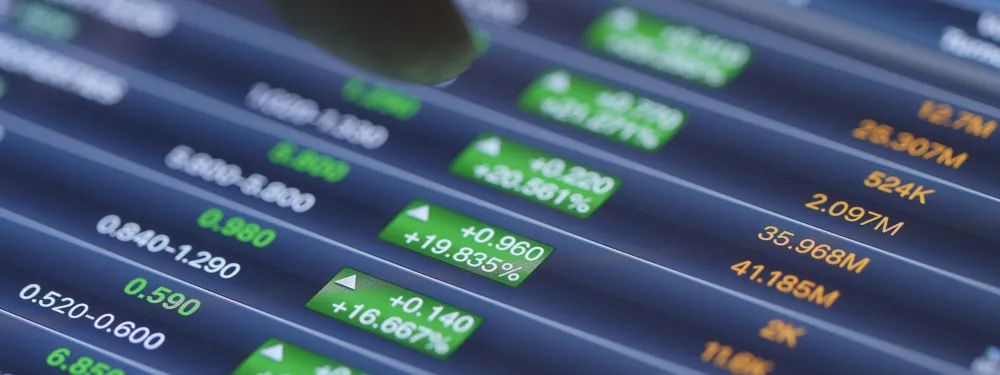Industrial weighing equipment is an integral part of countless industries. From distilling and food processing, to aviation, to manufacturing and waste management, it is essential to have accurate and reliable equipment to provide accurate information on products throughout every stage of mass production. Despite a slow start in 2020 with the COIVD-19 pandemic slowing many aspects of the worldwide manufacturing sector, market growth is expected in the upcoming years that will fuel a resurgence in many aspects of the industrial weighing sector. Technological trends such as a wider adoption of cloud-based and programmable weighing systems are projected to further add to the positive trajectory.
The industrial weighing industry is dependent on a wide variety of other industries but specifically the manufacturing and transportation industries, which are subject to and dependent on a variety of regulations. For instance, the International Convention for the Safety of Life at Sea (SOLA) is responsible for an increase in regulations associated with safety in the shipping sector, and in order to be in compliance with these regulations those responsible for shipping are expected to increase their investment in reliable weighing equipment.
With manufacturing and transportation logistics accounting for over 40% of the revenue generated in the weighing industry, regulations such as these have the potential to significantly impact the overall market. These global trends are expected to further bolster the Industrial Weighing Equipment industry in the coming years.
The current global market trajectories for the industrial weighing sector are aimed positive, as the already $570M US market is projected to grow even further in the upcoming years, potentially reaching growth rates of close to 5%. Despite a potential recession looming on the global market, growth trends for the industrial weighing industry look promising.
